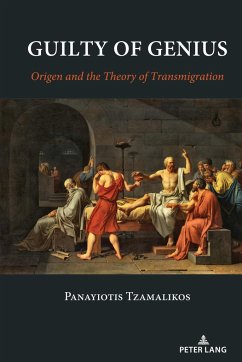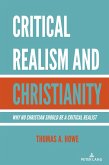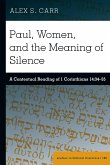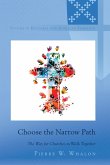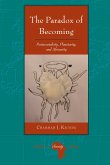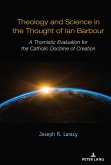This is an important new contribution to our understanding of Origen, and of early Christian theology and Greek philosophy in general. Casting both forwards and backwards in time, Guilty of Genius: Origen and the Theory of Transmigration illustrates Origen's fruitful engagement with earlier Greek philosophy, as well as his enormous influence on both later philosophers (Porphyry, Proclus) and Christian theologians, including the Cappadocians, Maximus Confessor, and the authors of the Nicene Creed.
Building on his earlier books, which overturned erroneous but long-established assertions about Origen, the author brings together various strands to form a detailed and coherently focused treatment, demolishing the myth that Origen upheld theories such as the preexistence and transmigration of souls. This is a seminal and ground-breaking contribution to the scholarship of both early Christianity and Greek philosophy as it was inherited during the second and third centuries.
Building on his earlier books, which overturned erroneous but long-established assertions about Origen, the author brings together various strands to form a detailed and coherently focused treatment, demolishing the myth that Origen upheld theories such as the preexistence and transmigration of souls. This is a seminal and ground-breaking contribution to the scholarship of both early Christianity and Greek philosophy as it was inherited during the second and third centuries.

